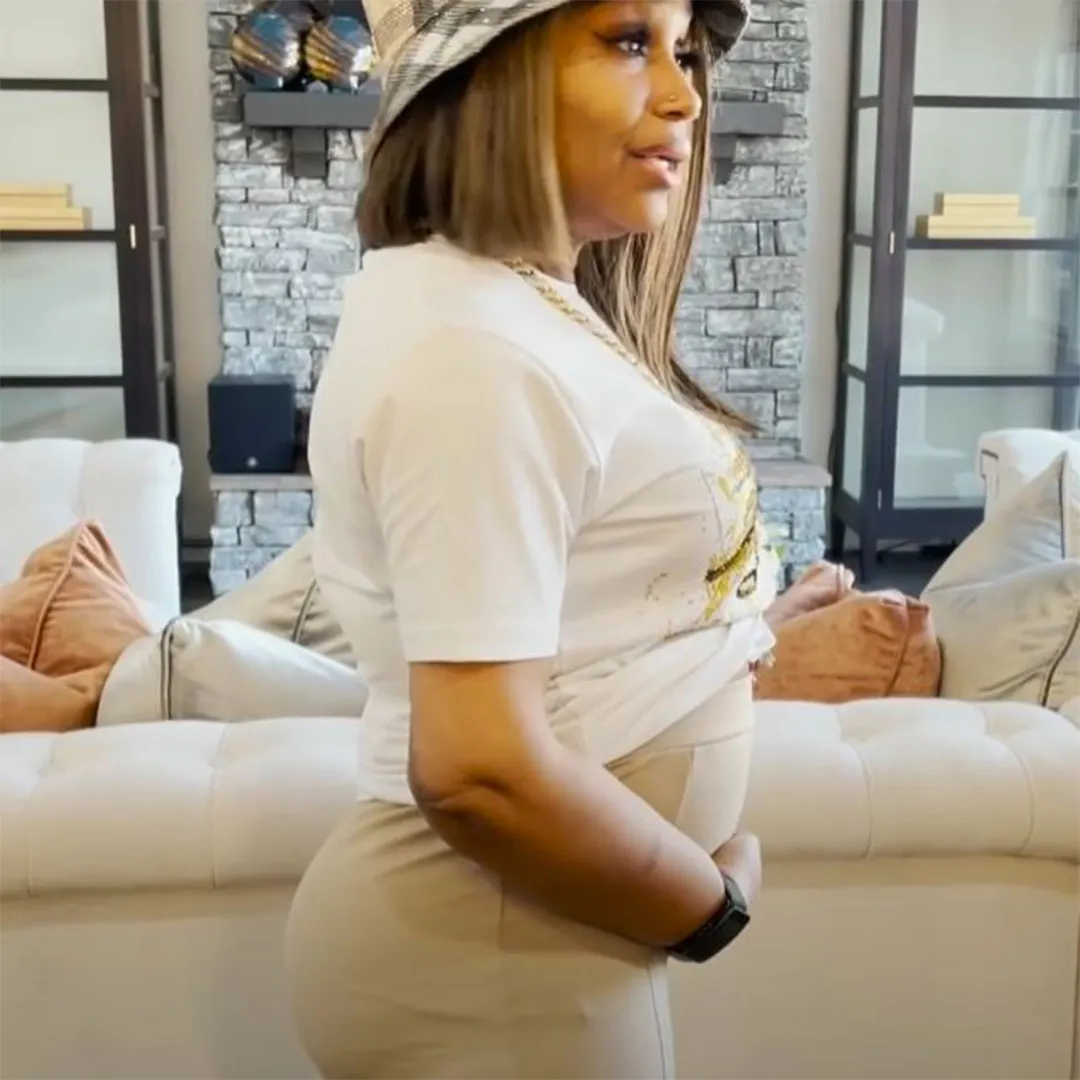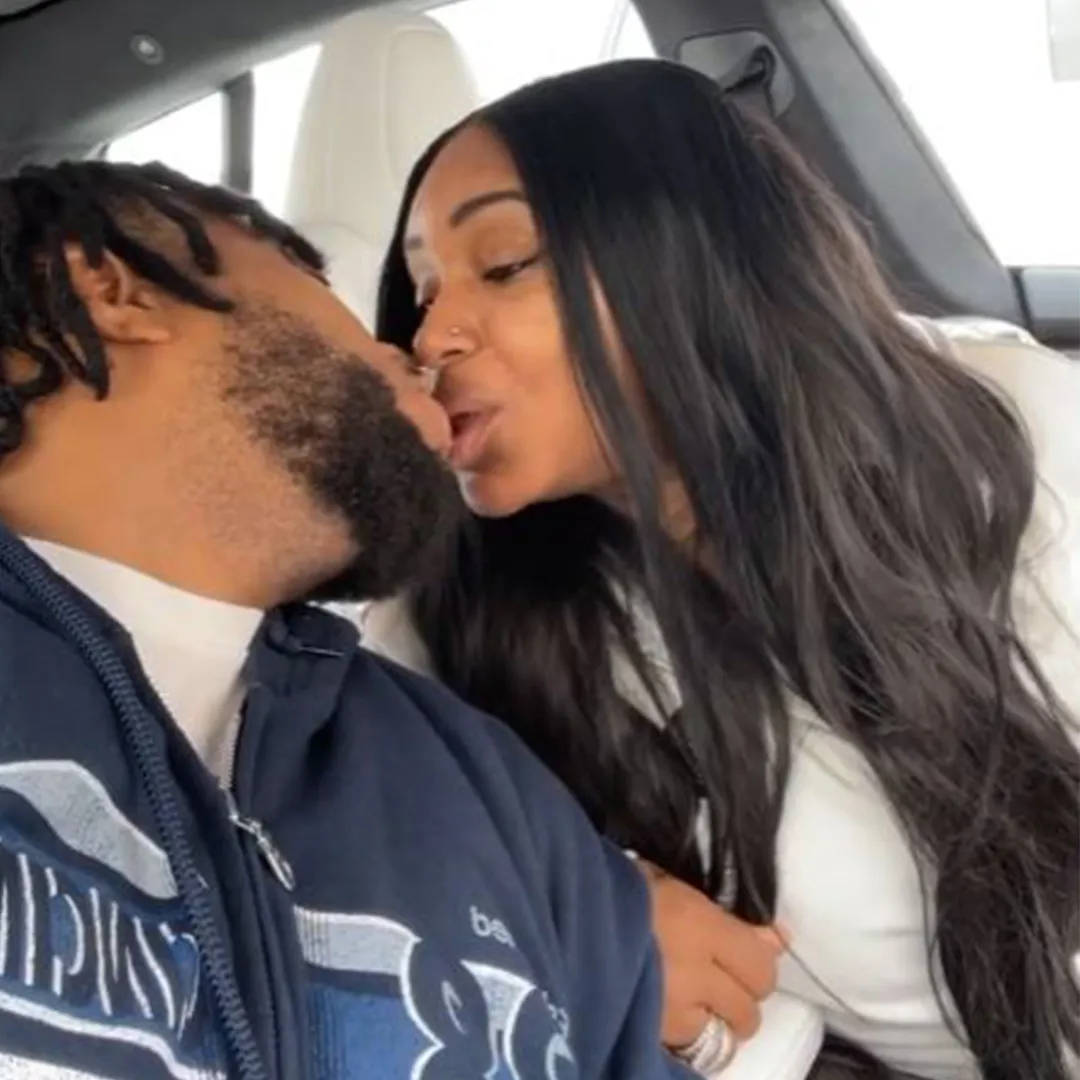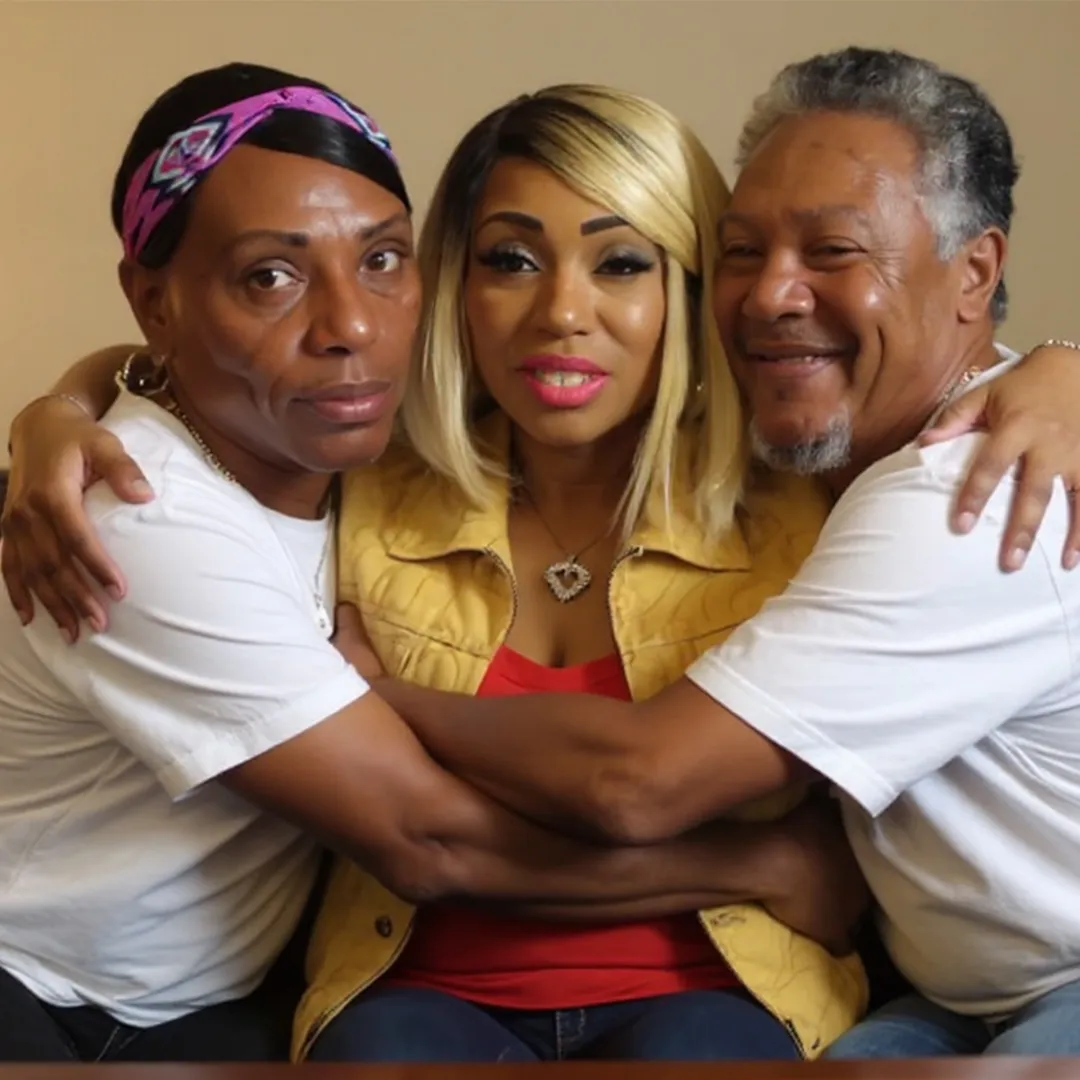Today, I want to bring you a story that carries both depth and pain—one that forces us to think carefully about love, truth, and mental health. It’s about Raz B, once a member of the group B2K, and an experience that forever changed him.
I recently came across an interview with Raz B’s ex-girlfriend on Tasha K’s platform. In it, she revealed that Raz B had unknowingly been in a relationship with a transgender woman. For an entire year, he was unaware of her identity. By the time she finally shared the truth, their relationship had already grown strong, built on love and emotional intimacy.
( If you enjoyed this post and want to try the ingredients and tools that helped shape the Bloveslife brand, feel free to check them out below! Every view or purchase you make is a way of supporting Blove’s passion and dedication to the community.
- 7.5 Quart Cast Iron Dutch Oven: https://amzn.to/4dcUqms
- Lodge Pre-seasoned Cast Iron Skillet: https://amzn.to/3TyyMSA
- Bamboo Seasonings Box with Mini Spoon: https://amzn.to/4dfHzA6 )
When the truth surfaced, Raz B made the difficult choice to end the relationship. Yet the situation was far from simple. He had already fallen in love, and walking away left him torn. According to his ex-girlfriend, this experience shook him so deeply that he battled with his mental health, possibly even developing PTSD. His heart was still attached, but his beliefs clashed violently with what he had learned, leaving him in an emotional storm he could not easily escape.
This made me reflect on something vital: honesty in relationships. Love is powerful—it happens without permission, without control—but trust is the foundation that keeps it alive. When identity, history, or truth is withheld, it doesn’t just damage trust; it can break a person. That’s why conversations about identity, especially when it may affect the relationship, are not just personal—they are necessary.
I also believe Raz B’s struggle highlights another truth: there should be no shame in seeking help for your mental health. Too often, people live in pain thinking it’s “just how life is.” But it doesn’t have to be. Healing begins when we recognize the need for support and take the brave step of asking for it.
This story is more than gossip—it raises profound questions. How much of ourselves should we reveal early in a relationship? Where do we draw the line between personal privacy and the responsibility of honesty to someone who loves us? And how do we protect our mental well-being when faced with truths that shake our world?
I’d love to know your perspective. Do you believe honesty should always come first, no matter the risk? And how can someone rebuild trust once it has been broken?




